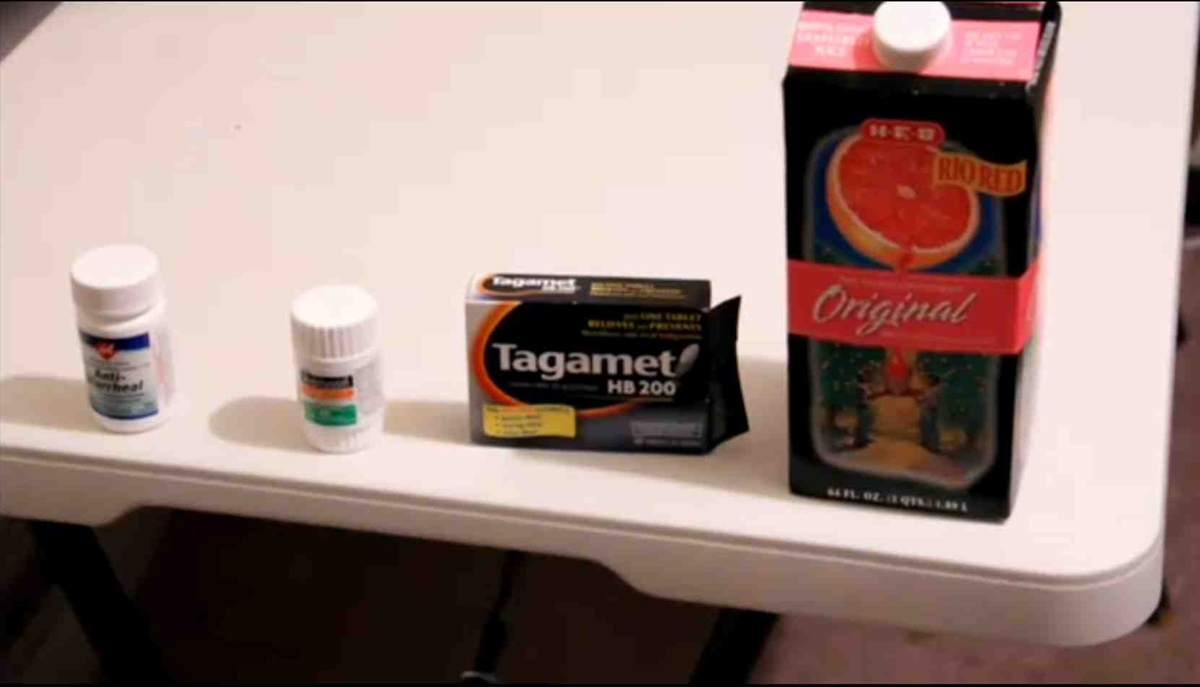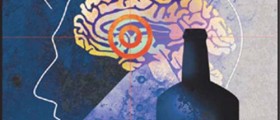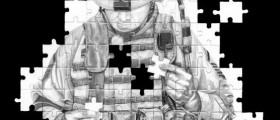
Post acute withdrawal syndrome (PAWS) occurs after withdrawal from alcohol, opiates and other substances as number of physical and psychological problems.
What is Post Acute Withdrawal Syndrome?
When a person discontinues addictive substance he or she experiences acute withdrawal symptoms that are typically severe. The first stage of withdrawal is usually of physical nature and lasts for a couple of weeks. It is followed by second stage of withdrawal known as post acute withdrawal syndrome that mainly involves emotional and psychological symptoms. Post acute withdrawal takes place because the brain needs more time to adapt to a state without habit-forming substances and the brain chemistry to restore to normal. Damage to the nervous system may take from six months to two years to reverse and it involves lots of stress. Since most alcoholics and drug addicts cannot cope with stress without substance abuse, most of them relapse during post acute withdrawal.
Symptoms of PAWS
Symptoms of post acute withdrawal syndrome can come and go from time to time. These symptoms start to appear from three to six months after cessation of taking alcohol or drugs. Post acute withdrawal syndrome includes many symptoms although most people experience some of them. The most common symptom of PAWS include trouble with solving problems that mainly occurs due to trouble thinking clearly, memory problems, trouble sleeping, difficult physical coordination, stress, and emotional overreaction. All of this leads to lack of confidence and fear of failure which can result in many other problems. Unclear thinking occurs because changes that the brain undergoes due to intake of addictive substance require time to improve. This doesn’t affect intelligence but the brain may occasionally experience malfunction. It may lead to repetitive and rigid thinking as well as inability to concentrate. Memory problems are common symptom of post acute withdrawal and short-term memory is especially affected. A person has trouble remembering new information and during stressful situations important events from the past may be hard to recall. Emotional overreaction is normal occurrence during post acute withdrawal. Mood swings and emotional numbness also result from this stage of withdrawal. Disturbed sleep and unusual dreaming follow recovery and may last for short period of time. Finally, maybe the worst symptom of post acute withdrawal is difficulty managing stress because a recovered person doesn’t know how to deal with it without drugs or alcohol. Also, during high stress, all symptoms of PAWS become worse.
A person must be patient, learn to relax and control post acute withdrawal symptoms to prevent relapse which may be fatal.

















Your thoughts on this
Loading...